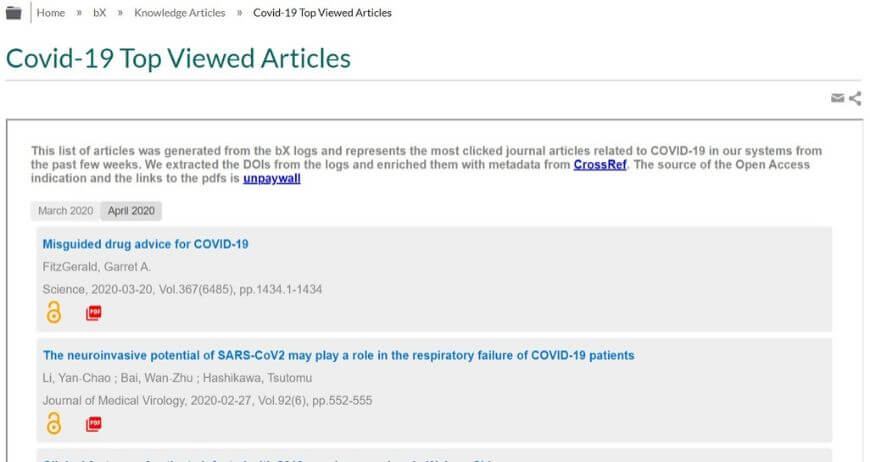Andrew French, Ex Libris
Did you know that several customers in the Ex Libris community built their discovery systems from scratch? It’s true. For example, The University of South Australia decided to build their own discovery system—attached to Alma—and it’s live in production today. University of Wisconsin at Madison also built an open source discovery interface over Alma. This has provided their students with Linked Open Data records and accompanying URIs. At the same time, these open source discovery interfaces utilize the Primo Central Index for articles.
And last June, the University of Pennsylvania went live with Franklin, a discovery system they created using Blacklight and the Summon index. Ex Libris made our commitment to openness clear and these customers ran with it. Not only is a truly custom discovery system possible—it has become a reality.









